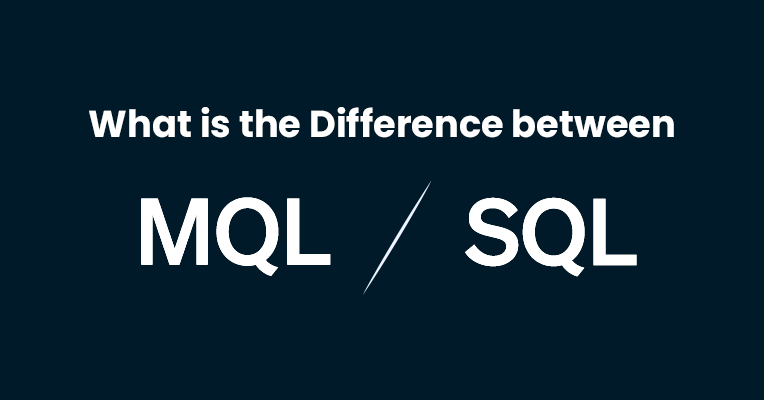In the world of lead generation and sales, the terms MQL (Marketing Qualified Lead) and SQL (Sales Qualified Lead) are frequently used to delineate different stages in the lead qualification process. In this blog post, Meritto (formerly NoPaperForms) will provide you with a comprehensive understanding of lead qualification and shed light on the key differences between MQL and SQL.
What is Lead Qualification?
Lead qualification is the process of identifying which leads are most likely to convert into paying customers. It is used to determine which leads are worth pursuing and which leads should be discarded.
Quick Read: More about Lead Qualification In the Education Industry
What is MQL?
MQL stands for Marketing Qualified Lead. It is a lead that has been identified as having a higher likelihood of converting into a customer based on specific criteria set by the marketing department. These criteria can include demographics, behaviour, and engagement with the company’s content.
What is SQL?
SQL stands for Sales Qualified Lead. It is a lead that has been identified as having a higher likelihood of converting into a customer based on specific criteria set by the sales department. These criteria can include the lead’s budget, authority, need, and timeline (BANT).
What’s the Difference Between MQL and SQL?
| Factors | MQL | SQL |
| Definition | Lead that has demonstrated interest in a company’s product or service and meets certain criteria set by the marketing department. | Lead that has been vetted and deemed ready for sales follow-up based on specific criteria set by the sales team. |
| Evaluation Criteria | Typically based on engagement metrics such as website visits, email opens, and form submissions. | Typically based on fit and readiness to buy, such as budget, authority, need, and timeline (BANT). |
| Ownership | Owned by the marketing department and passed on to sales. | Owned and managed by the sales team. |
| Lead Nurturing | May receive additional nurturing and education from the marketing department before being passed on to sales. | Ready for immediate follow-up and sales engagement. |
| Sales Readiness | May not yet be ready for direct sales engagement. | Ready for direct sales engagement and potential close. |
Tips to Convert MQL to SQL
- Align sales and marketing teams with criteria and definitions for MQLs and SQLs.
- Use lead scoring and grading to evaluate leads based on engagement and fit.
- Nurture MQLs with targeted, educational content to increase their readiness to buy.
- Connect with MQLs promptly and engage in meaningful conversations to build rapport and assess their level of interest and fit.
- Leverage technology such as customer relationship management (CRM) systems to track and analyse lead behaviour and engagement.
- Regularly review and adjust criteria for MQLs and SQLs based on market and industry trends, lead feedback, and sales team input.
- Use A/B testing to optimize lead nurturing and conversion efforts.
- Continuously improve processes for converting MQLs to SQLs based on performance data and feedback.
Conclusion
MQLs and SQLs are at different stages in the lead qualification process. Understanding the difference between MQLs and SQLs is important for businesses looking to improve their lead qualification process and increase conversions. Undoubtedly, it will depend on your method and formula for analysing leads as well as your interactions with them. You can determine what is and isn’t working by fine-tuning the MQL and SQL criteria. You may then improve your overall marketing and sales strategy in this way.




